Eighth anniversary of anti-Serb violence in Kosovo
Today marks the eighth anniversary of anti-Serb violence in Kosovo when 19 people were killed and 34 Serbian Orthodox churches were destroyed.
Saturday, 17.03.2012.
11:17

Today marks the eighth anniversary of anti-Serb violence in Kosovo when 19 people were killed and 34 Serbian Orthodox churches were destroyed. More than 5,000 Serbs and other non-Albanians were expelled from their homes in the violence that broke out on March 17, 2004. Eighth anniversary of anti-Serb violence in Kosovo 11 Albanians and eight Serbs were killed in just two days and more than 900 persons were injured, including international and Kosovo police officers. 270 Albanians were arrested after the biggest ethnically motivated violence in Kosovo since the arrival of the international forces. 143 suspects were found guilty of the violence. Majority of them were fined and 67 were sentenced to prison. “For the participation in the violence that broke out in Kosovo on March 17, 2004, the stiffest sentence of 30 years in prison was given for the murder of two policemen and wounding of two of their colleagues,” said EULEX Spokeswoman Irina Gudeljevic. Shkumbin Mehmeti was sentenced to 30 years in prison for attacking an UNMIK vehicle with an automatic weapon, killing the two police officers and wounding two more. According to Gudeljevic, EULEX found 14 persons guilty of the March 2004 violence and one person was acquitted. Gzim Ferati, who together with five more persons shot and killed two Serbs in Strpce and then fired at four Serbian police officers who were on duty, was acquitted due to lack of evidence. International organizations claim that the number of victims is higher but that it has not been precisely determined and that it will probably never be made public. A memorial service for the victims will today be held in the St. Nicola’s Temple in Pristina by Bishop of Raska and Prizren Teodosije. An UNESCO mission has determined that the Serbian Orthodox churches and monasteries suffered the damage worth around USD 30mn. The violence broke out after a campaign led by Albanian-language media that local Serbs with their dogs chased six Albanian boys into the Ibar River, causing three of them to drown. UNMIK police’s investigation determined that the Albanian accusations were false and an international police spokesman said that “the boys who survived were after the tragedy under a lot of pressure of the Albanian press and politicians to accuse the Serbs from the neighboring village”. The Albanian extremists started protesting in the southern part of Kosovska Mitrovica and in the evening started an armed assault on Serbs in the northern part of the city, forcing KFOR troops to intervene. The violence quickly spread to Serb villages and towns across the province - Caglavica, Pristina, Lipljan, Gnjilane, Urosevac, Djakovica and Prizren. The terror continued on March 18 and Serbs were forced to leave Kosovo Polje, Obilic, Plemetina, Svinjare. 28 homes of Serb returnees in the village of Bijelo Polje near Pec were set on fire. Small groups of Serbs sought refuge in KFOR bases, while others escaped to somewhat safer Serb enclaves. Most of them still live in collective centers and living containers. Around 250 Serbs escaped to central Serbia. Protests were held in several central Serbian cities. Two mosques were set on fire in Belgrade and in the southern Serbian city of Nis and 17 citizens and police officers were injured in the capital. The international community representatives assessed at the time that “the ethnically motivated violence against Serbs in Kosovo was planned and well-orchestrated”. Serbian Ministry for Kosovo State Secretary Oliver Ivanovic has said that Serbia must not allow the catastrophic consequences of the March 2004 violence to be forgotten. FM attends commemoration service in Moscow Serbian Foreign Minister Vuk Jeremic, who is paying a two-day visit to Russia, attended Saturday a liturgy in the Moscow St Peter and Paul's Church, where a commemoration of the victims of the pogrom that took place in Kosovo on March 17, 2004, was held. The holy liturgy was served by Vicar Bishop of Moravica Antonije, who recalled the human victims and damaged and destroyed orthodox holy sites, some of which are more than six centuries old and under UNESCO's protection. The bishop urged believers to pray for all the victims and thanked the Russian Orthodox Church, its clergy and believers for giving spiritual and material support to Kosovo Serbs, and also the Russian government for allocating USD 2 million for the restoration of orthodox churches in Kosovo. He also thanked Jeremic and Russian Foreign Minister Sergey Lavrov, who signed a protocol on Russia's participation in the painting of Belgrade's St Sava’s Temple on Friday. The holy liturgy in the Orthodox church built in 1700 was also attended by diplomatic delegation of the Serbian Embassy in Russia and dozens of citizens. B92 Beta Tanjug
Eighth anniversary of anti-Serb violence in Kosovo
11 Albanians and eight Serbs were killed in just two days and more than 900 persons were injured, including international and Kosovo police officers.270 Albanians were arrested after the biggest ethnically motivated violence in Kosovo since the arrival of the international forces. 143 suspects were found guilty of the violence. Majority of them were fined and 67 were sentenced to prison.
“For the participation in the violence that broke out in Kosovo on March 17, 2004, the stiffest sentence of 30 years in prison was given for the murder of two policemen and wounding of two of their colleagues,” said EULEX Spokeswoman Irina Gudeljević.
Shkumbin Mehmeti was sentenced to 30 years in prison for attacking an UNMIK vehicle with an automatic weapon, killing the two police officers and wounding two more.
According to Gudeljević, EULEX found 14 persons guilty of the March 2004 violence and one person was acquitted.
Gzim Ferati, who together with five more persons shot and killed two Serbs in Štrpce and then fired at four Serbian police officers who were on duty, was acquitted due to lack of evidence.
International organizations claim that the number of victims is higher but that it has not been precisely determined and that it will probably never be made public.
A memorial service for the victims will today be held in the St. Nicola’s Temple in Priština by Bishop of Raška and Prizren Teodosije.
An UNESCO mission has determined that the Serbian Orthodox churches and monasteries suffered the damage worth around USD 30mn.
The violence broke out after a campaign led by Albanian-language media that local Serbs with their dogs chased six Albanian boys into the Ibar River, causing three of them to drown.
UNMIK police’s investigation determined that the Albanian accusations were false and an international police spokesman said that “the boys who survived were after the tragedy under a lot of pressure of the Albanian press and politicians to accuse the Serbs from the neighboring village”.
The Albanian extremists started protesting in the southern part of Kosovska Mitrovica and in the evening started an armed assault on Serbs in the northern part of the city, forcing KFOR troops to intervene.
The violence quickly spread to Serb villages and towns across the province - Čaglavica, Priština, Lipljan, Gnjilane, Uroševac, Đakovica and Prizren.
The terror continued on March 18 and Serbs were forced to leave Kosovo Polje, Obilić, Plemetina, Svinjare. 28 homes of Serb returnees in the village of Bijelo Polje near Peć were set on fire.
Small groups of Serbs sought refuge in KFOR bases, while others escaped to somewhat safer Serb enclaves. Most of them still live in collective centers and living containers. Around 250 Serbs escaped to central Serbia.
Protests were held in several central Serbian cities. Two mosques were set on fire in Belgrade and in the southern Serbian city of Niš and 17 citizens and police officers were injured in the capital.
The international community representatives assessed at the time that “the ethnically motivated violence against Serbs in Kosovo was planned and well-orchestrated”.
Serbian Ministry for Kosovo State Secretary Oliver Ivanović has said that Serbia must not allow the catastrophic consequences of the March 2004 violence to be forgotten.
FM attends commemoration service in Moscow
Serbian Foreign Minister Vuk Jeremić, who is paying a two-day visit to Russia, attended Saturday a liturgy in the Moscow St Peter and Paul's Church, where a commemoration of the victims of the pogrom that took place in Kosovo on March 17, 2004, was held.The holy liturgy was served by Vicar Bishop of Moravica Antonije, who recalled the human victims and damaged and destroyed orthodox holy sites, some of which are more than six centuries old and under UNESCO's protection.
The bishop urged believers to pray for all the victims and thanked the Russian Orthodox Church, its clergy and believers for giving spiritual and material support to Kosovo Serbs, and also the Russian government for allocating USD 2 million for the restoration of orthodox churches in Kosovo.
He also thanked Jeremić and Russian Foreign Minister Sergey Lavrov, who signed a protocol on Russia's participation in the painting of Belgrade's St Sava’s Temple on Friday.
The holy liturgy in the Orthodox church built in 1700 was also attended by diplomatic delegation of the Serbian Embassy in Russia and dozens of citizens.





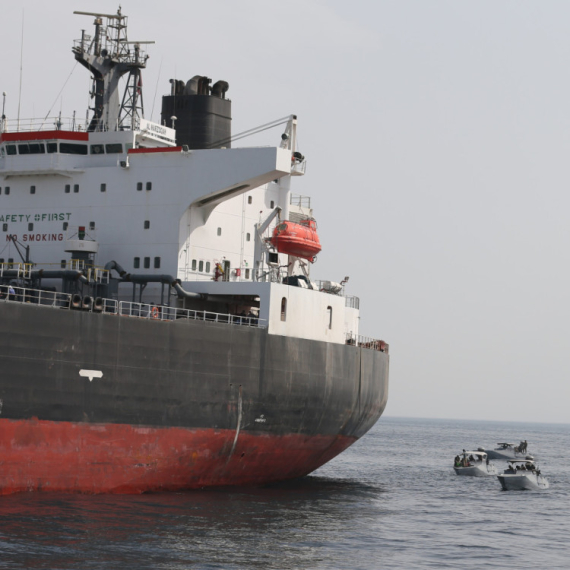







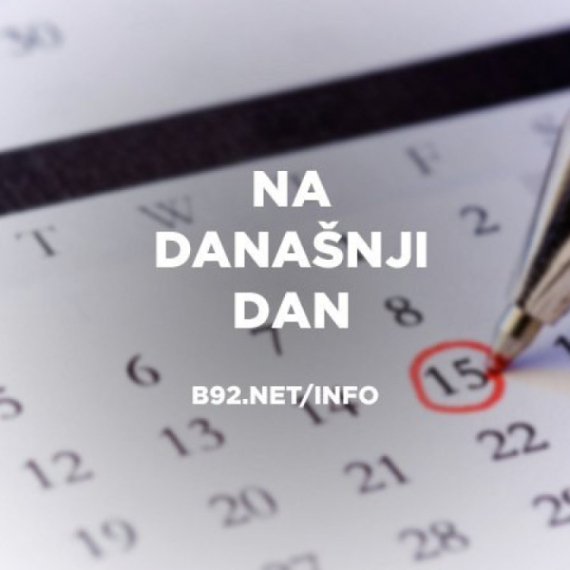

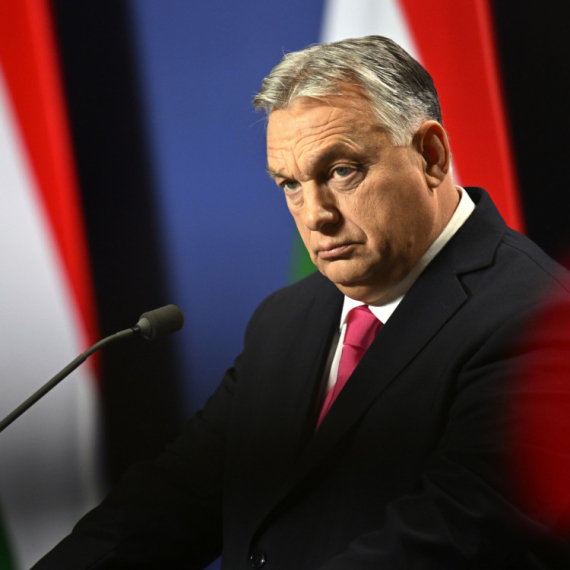
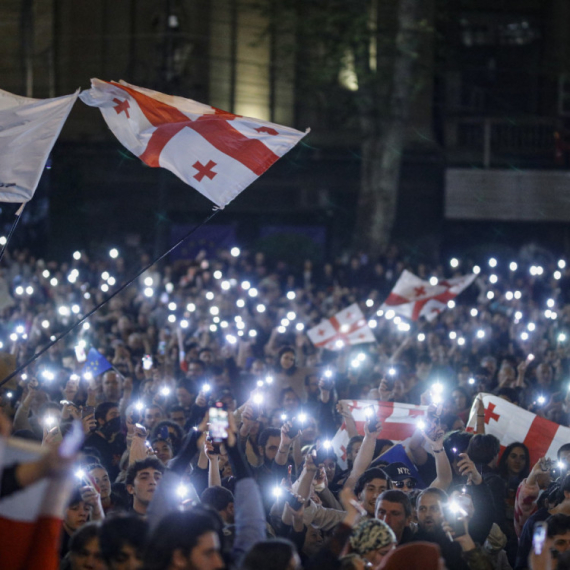

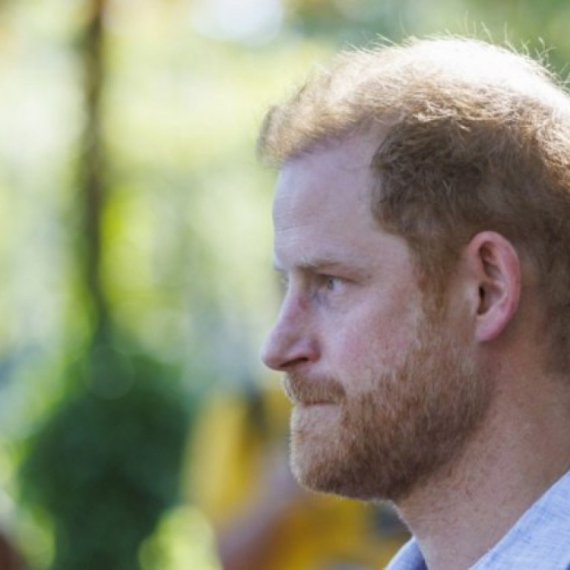
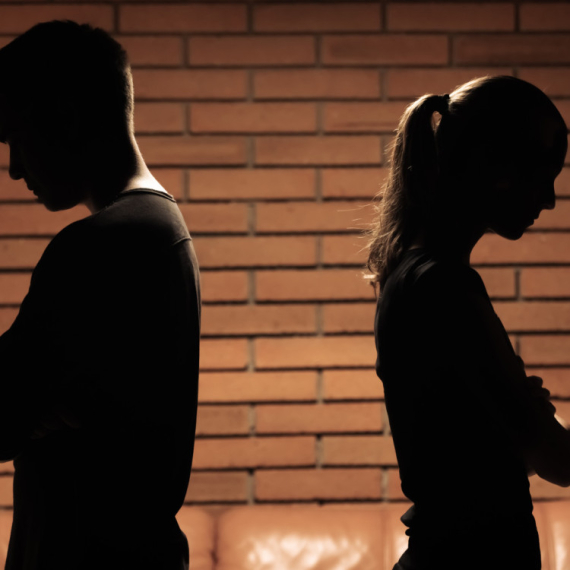
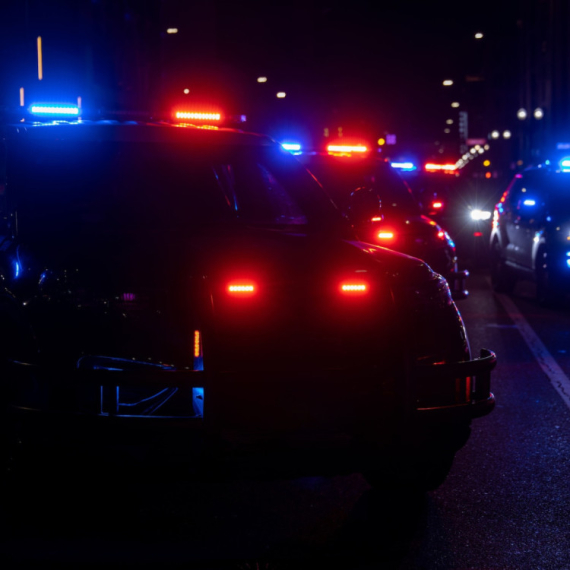




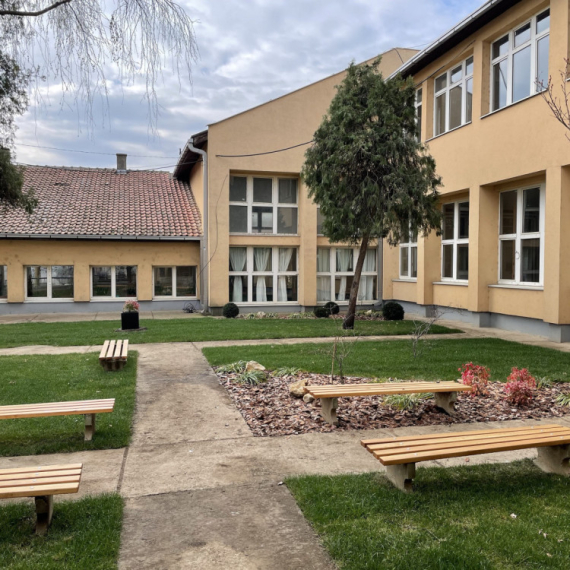
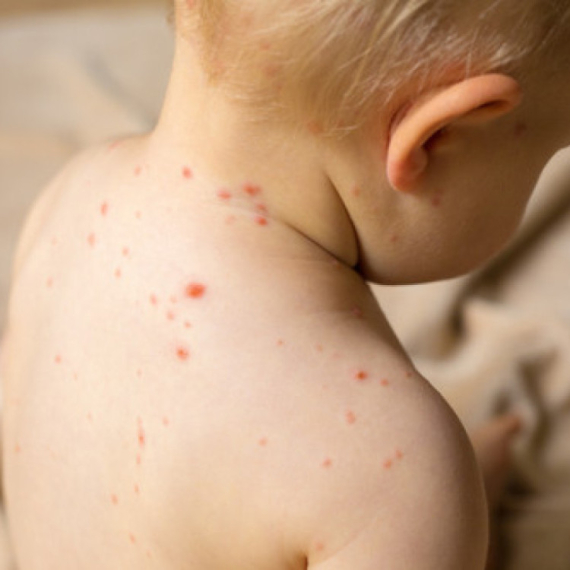




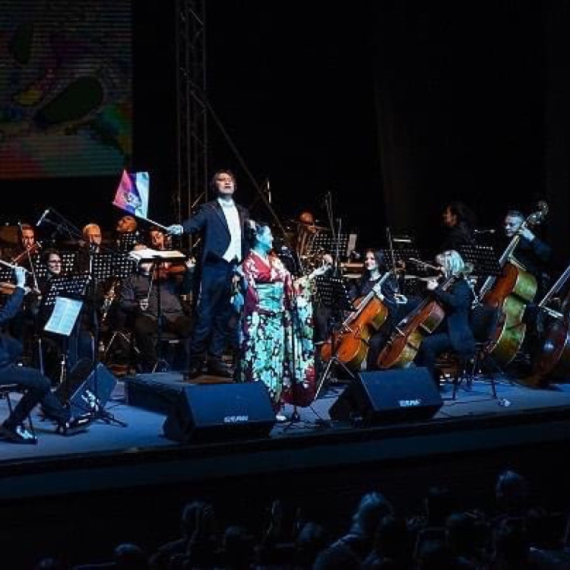






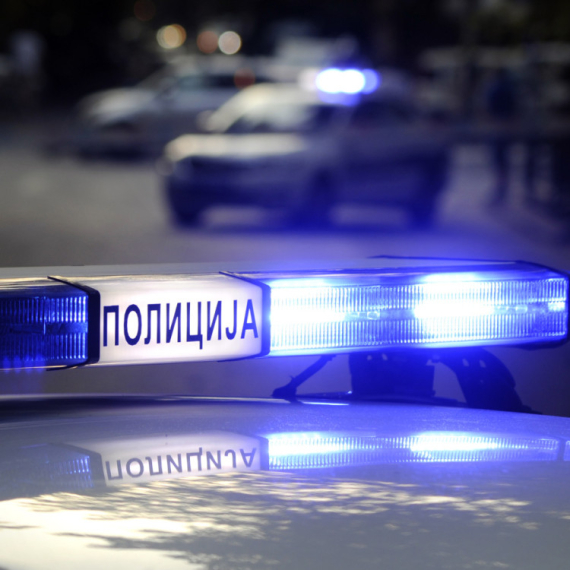
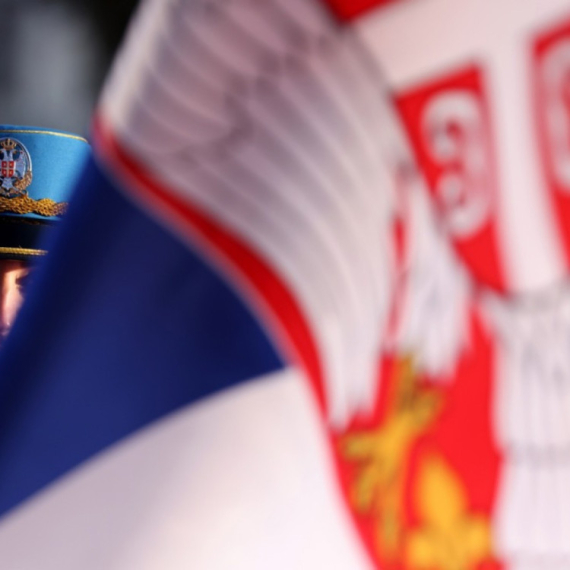

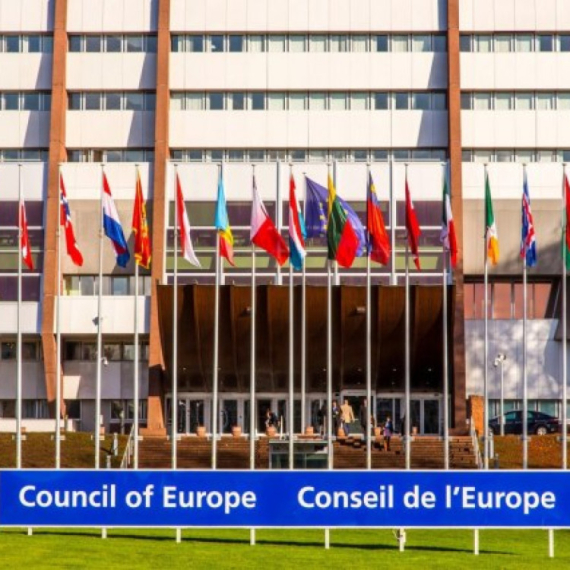









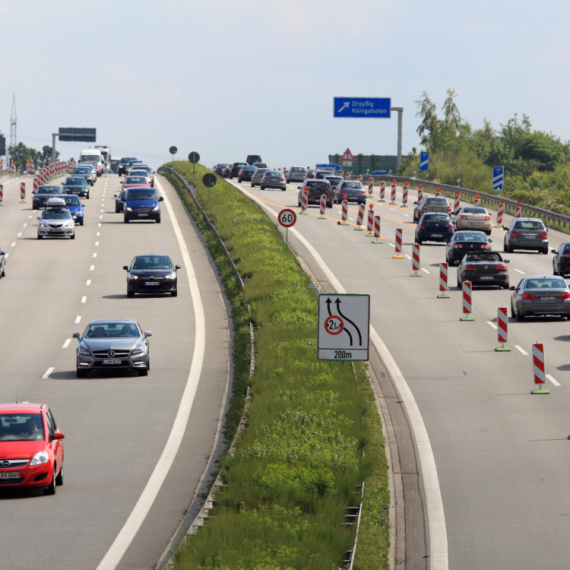
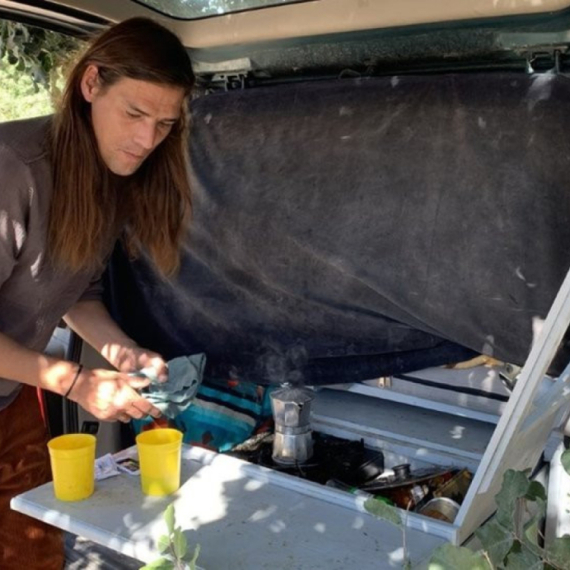
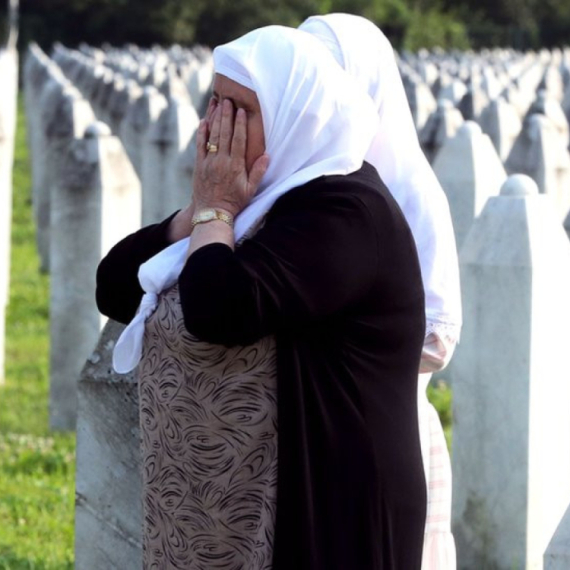
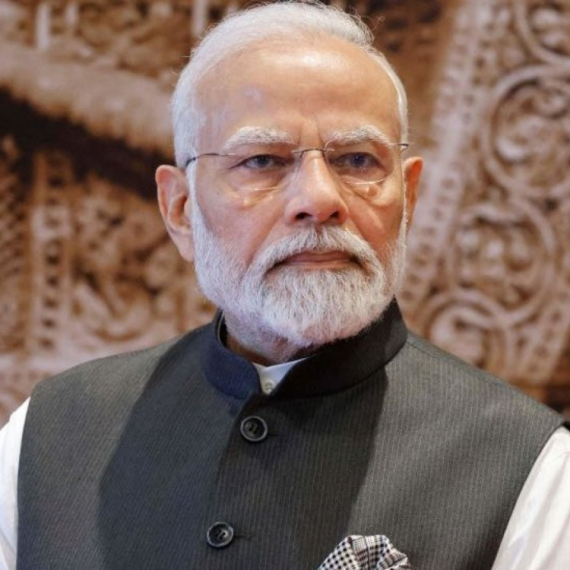
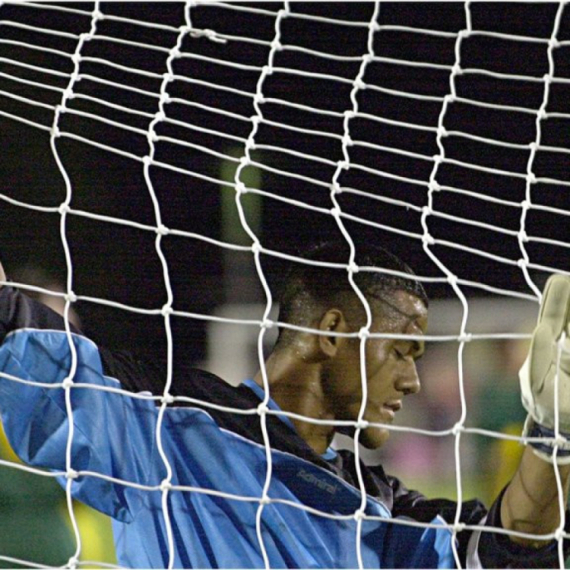
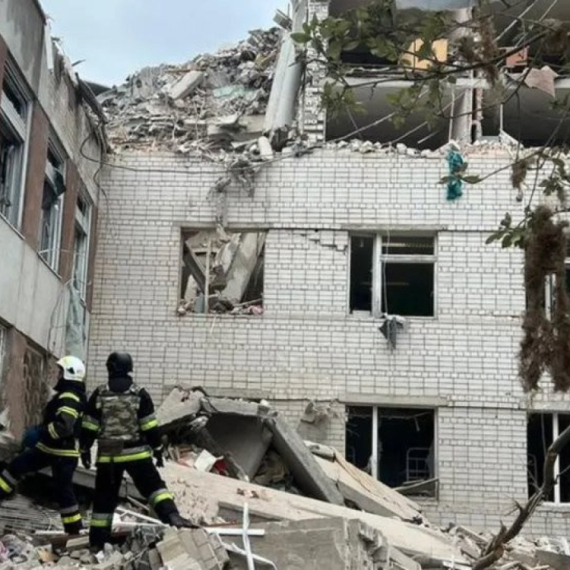

Komentari 46
Pogledaj komentare